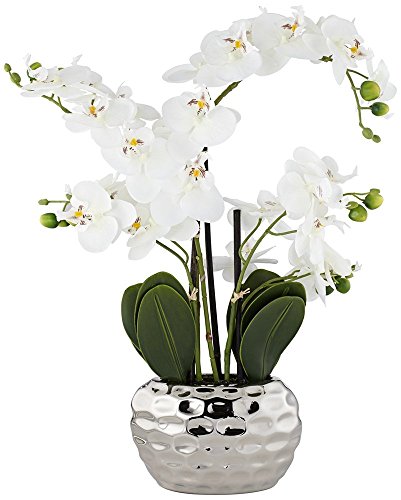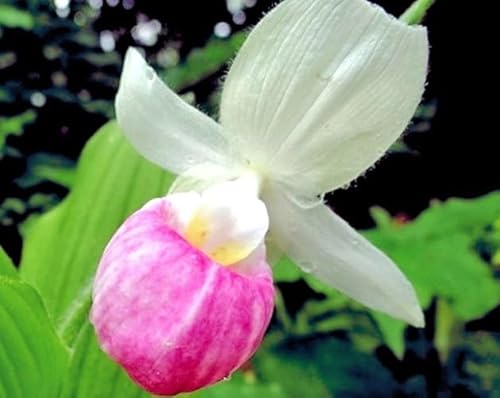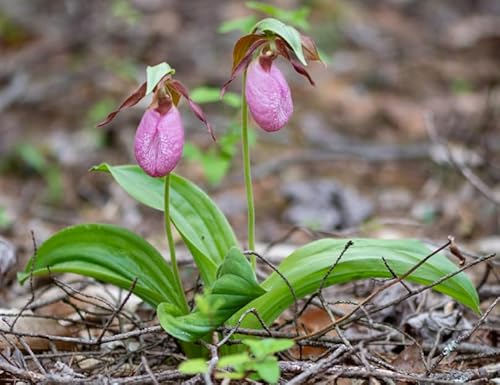Kyle said:
If I understand you correctly Peter, That is the little twist that the Americans have put on CITES in regards to flasks. In Canada, the authorities don't care about the origin of the parents of the plants in flask.
Kyle
No it is not a twist put on the CITES rules by the Americans.
Though the annotation in App I gives the impression that all App I flasks are exempt, it failed to say that this is only true when the seedlings have been propagated from legal stock, and propagated under the CITES definition of Artificial Propagation.
In regards to Pk, this has been taken care of by INRENA, who issued licenses to three nurseries who have to work within the CITES definition of Artificial Propagation. INRENA does inspect these nurseries' Pk stock plants, laboratories, Pk flasks etc.
Thus if you obtain Pk flasks from the INRENA licensed nurseries CJM, Peruflora and (Nuevo Destino, not yet offering Pk fasks.) that hidden AP definition has already been looked after. Thus basically, one only needs a Phytosanitary certificate, which are issued by SENASA (Ministry of Agriculture) but only after INRENA (Institute of Natural Resources) assures them that the seedlings are legally propagated.
One could say then that a Pk flask Phytosanitary certificate from Senasa already guarantees that the AP definition was taken care of. It is like a two in one document in the case of App I flasks
I believe some people are working with the CITES Secretariat to try to get them to correct the annotation in the Appendices.
If you like to read up on this, go to the CITES website at (
www.cites.org) Under Resolutions, you will find the excemption in CITES Resolution Conf. 11.11 (Rev. CoP13),
How Importing Country authorities go about enforcing the rules; what documents they wish to see, varies from country to country.
Sorry for the long winded explanation.










































